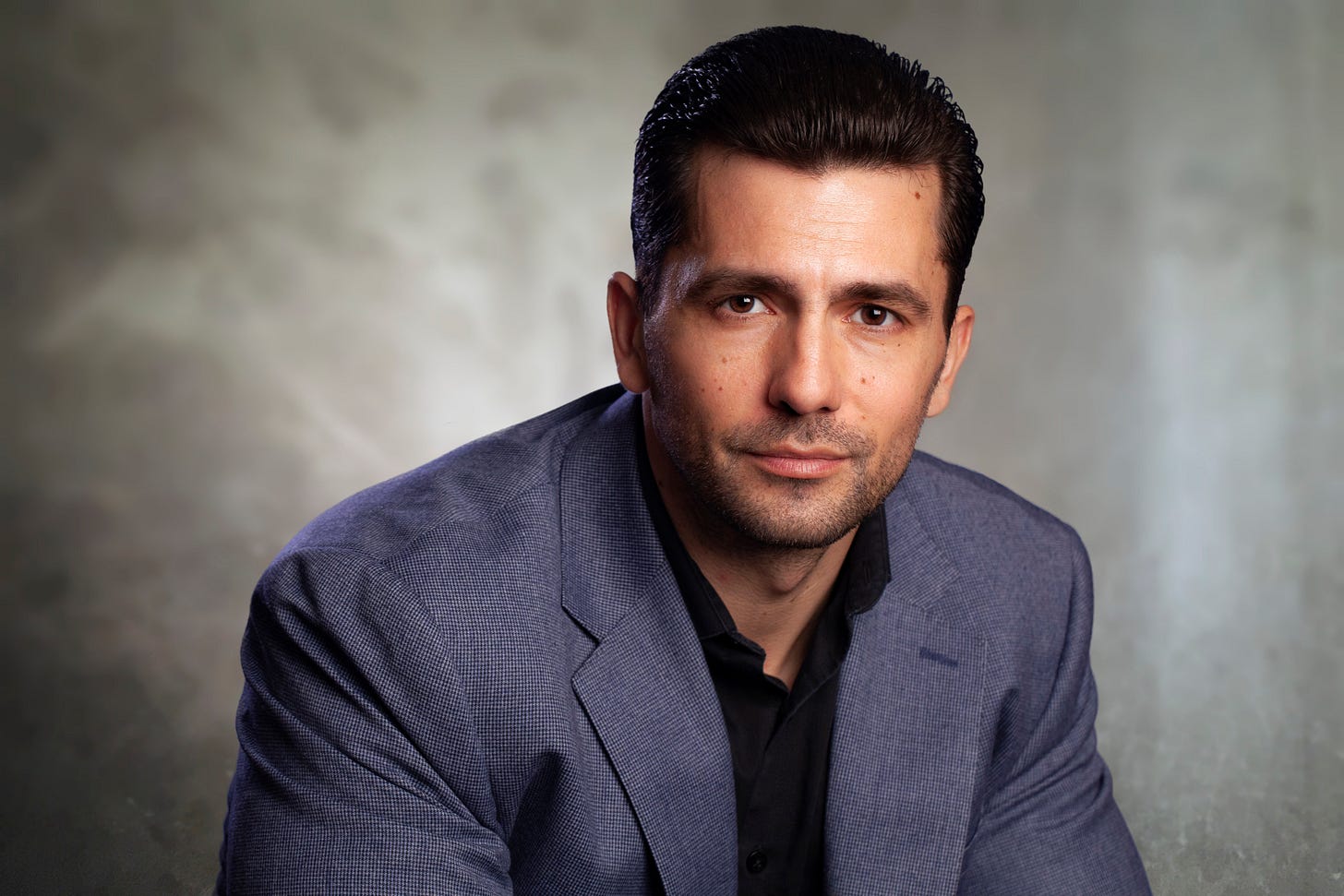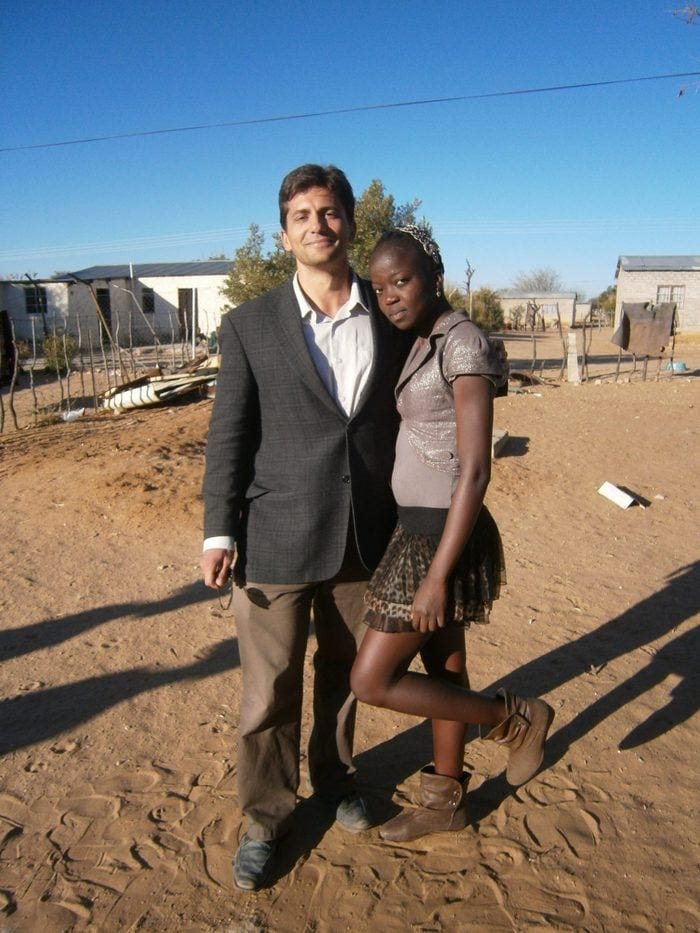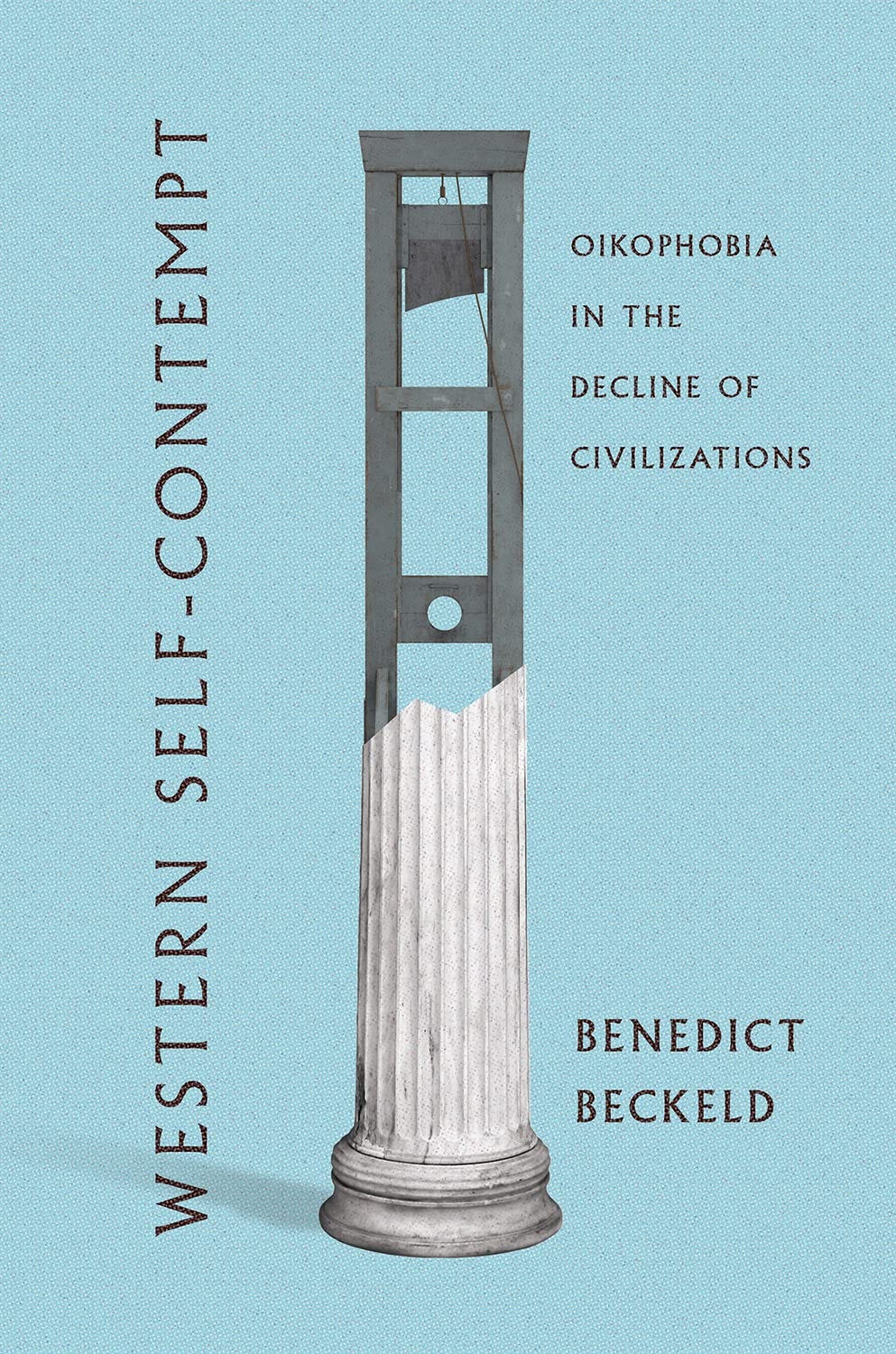Undoubtedly, the question of oikophobia is a most puzzling social phenomenon. If the 19th-century psychiatrists understood it as the fear of being inside one’s home, the English philosopher Roger Scruton understood it to mean becoming a stranger, no, even more than that: an idiosyncrasy towards one's own culture that can take on ‘a chronic form…in the guise of political correctness.’ Benedict Beckeld – who grew up in Uppsala and Stockholm, and emigrated with his family to New York as a teenager – has taken up this concept as a comparative lens to examine history for recurring patterns. As a classical philologist and philosopher who studied and earned his doctorate in Heidelberg, and who also performed research as a visiting scholar at the École Normale Supérieure in Paris and in Bologna, he is highly predisposed to do so (he had also spent a year as a student at the Sorbonne and was later a professor of philosophy and classics at the American University of Paris). After all, he has that fundamentally alien view distinguishing the historian, enabling him to identify recurring patterns and structures.
Conversations with Dr. Beckeld are extremely stimulating as you move effortlessly with him through world history. If Beckeld follows the personality ideal of antiquity, he is also a child of postmodernism - just as familiar with its twists and turns as with various languages and philosophical systems of thought. Consequently, he’s by no means unfamiliar with the world of social media – in addition to his philosophical work, he also runs a video blog where he regularly comments on the issues of the day. He currently lives in New York and is working on a book about aesthetics and a narrative about his experiences as a young teacher in Namibia (which is why the young student in the photo below not only declared him her favorite teacher but one whose vast knowledge has changed her life).










Share this post